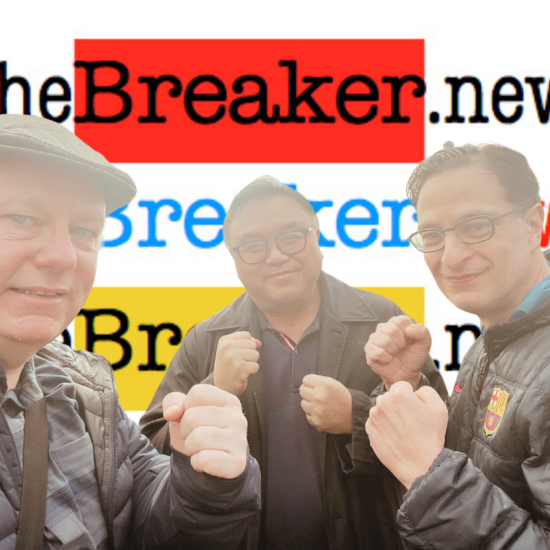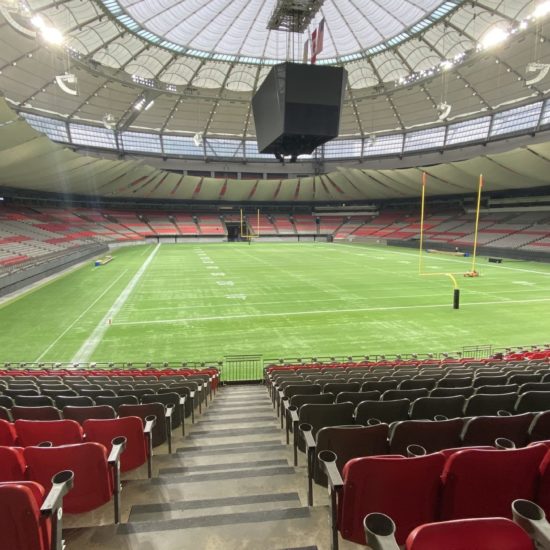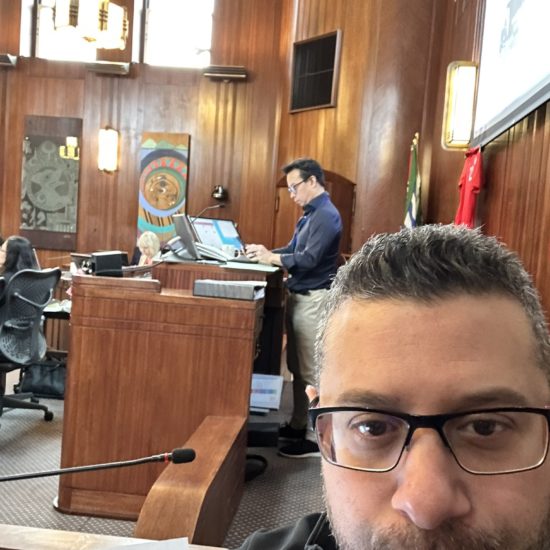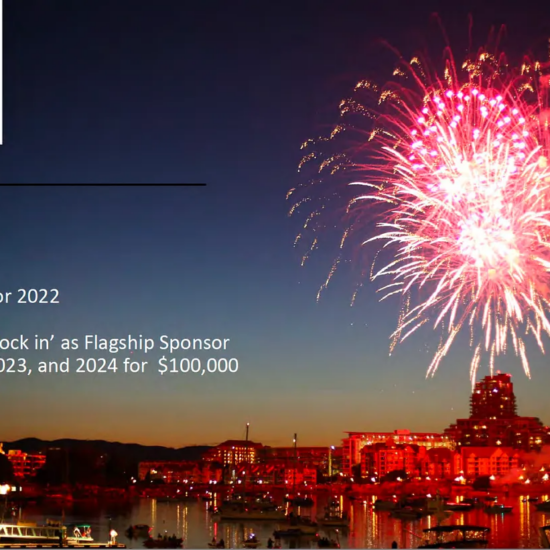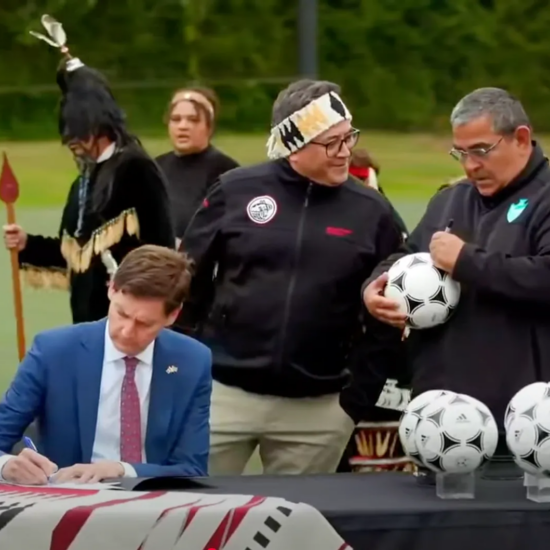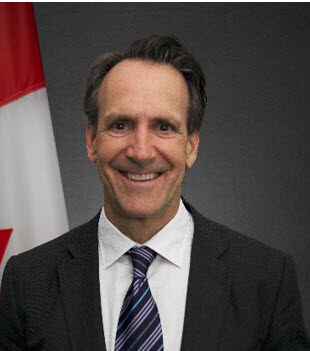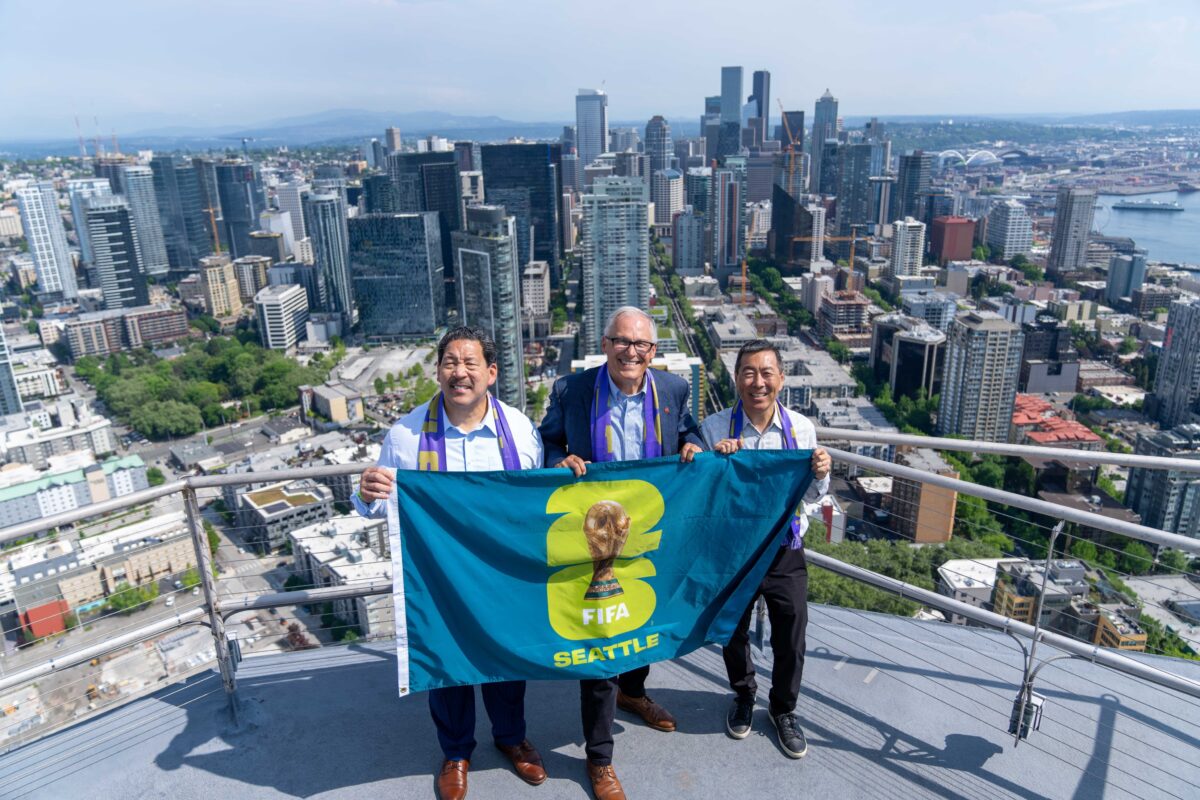
Bob Mackin
Seattle city council did what Vancouver city hall and the B.C. Pavilion Corporation’s freedom of information offices have refused to do.
Release the host city contract for FIFA World Cup 26.
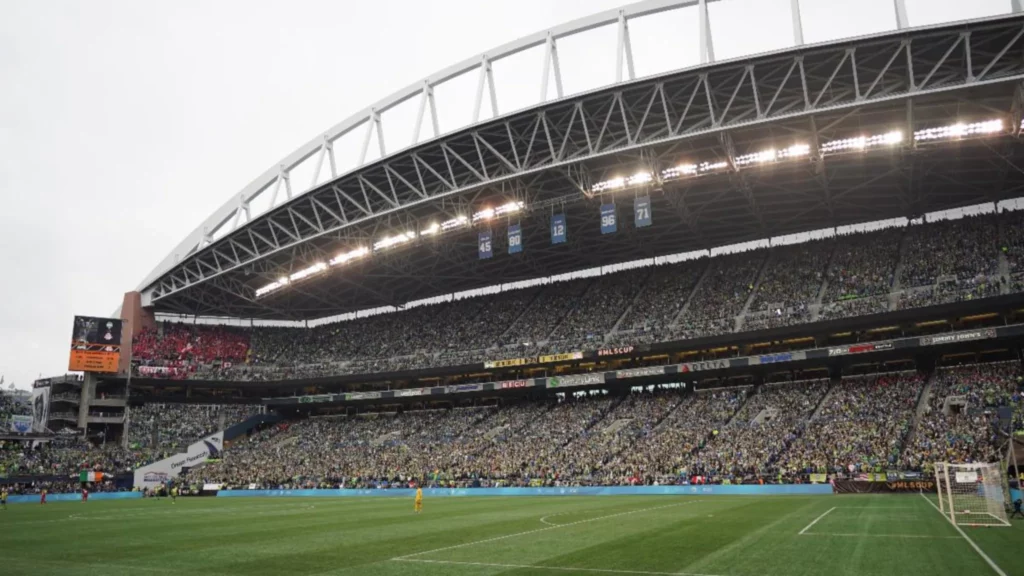
Lumen Field, home of the Sounders (Sounders)
On Aug. 8, Seattle civic politicians formally delegated responsibilities to the Seattle International Soccer Local Organizing Committee. They also published the agreements and annexes that define the relationship between the home of the Sounders and soccer’s Switzerland-based governing body, which is staging the 48-nation tournament in less than three years in Seattle, Vancouver and 14 other cities in U.S., Canada, and Mexico.
Unless otherwise explicitly stated, the host city authority shall be responsible to bear all costs and expenses incurred to fulfil hosting obligations and waive any and all claims of liability against FIFA, its officials and related entities.
The main contract, which is likely similar to Vancouver’s, states the host city authority is responsible for supporting the government to provide safety, security, fire protection and medical services at no cost to FIFA, plus free public transportation to ticketholders on match days and to anyone accredited by FIFA throughout the competition period. The host city shall provide police escorts to the FIFA president, heads of state, international dignitaries, FIFA officials, guests, teams and match officials, and close any roads and restrict access to certain vehicle lanes as necessary. It must also provide space for parking and event transport vehicle depots.
The contract says Seattle must provide sufficient back-up power and cleaning services around the stadium and beautify the city during the competition period. FIFA will determine a “controlled area” adjacent to Lumen Field’s outer perimeter, where “certain commercial and other activities are prohibited on match days and the days prior to match days.”
Seattle will remove or fully cover any advertisement or commercial identification and not permit any activities within the controlled area, including in any buildings and spaces within, unless approved by FIFA.
“The controlled area must be subject to strict traffic restrictions in order to ensure regulated and controlled access and circulation only, including the establishment of access permission systems and its enforcement through access permit controls by the relevant public authorities,” the contract states.
Seattle is responsible for installing, maintaining and dismantling any decorative material for the venue dressing program at any FIFA-selected location and is liable for any damages. It must also secure and provide to FIFA any billboards, transit shelters and other outdoor advertising space in the area for a period beginning two weeks before the tournament and through 48 hours after the last match staged in the host city.
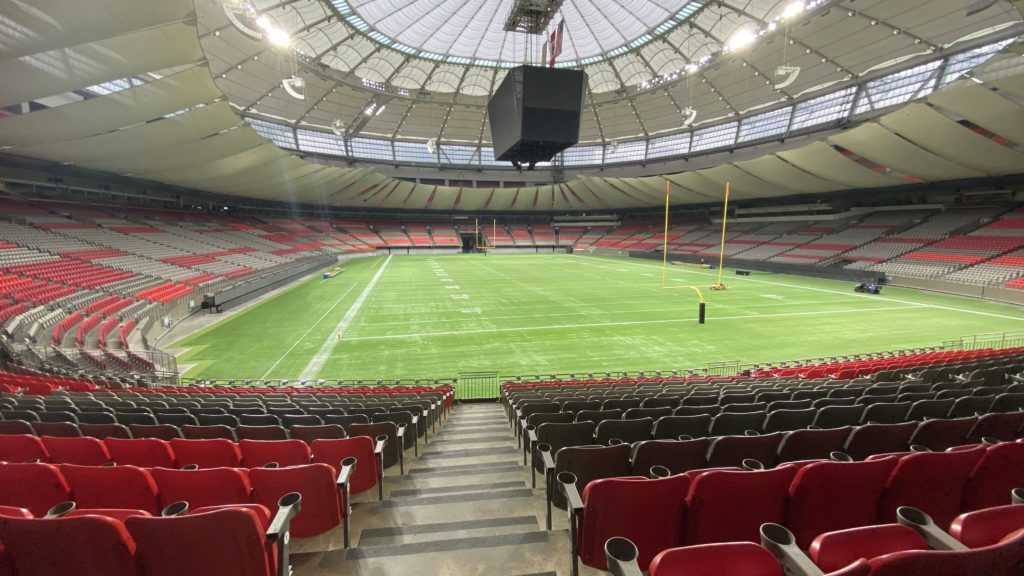
Inside B.C. Place Stadium (Mackin)
FIFA requires that no other major sporting event be held in the host city seven days prior to the opening match. The prohibition lasts until seven days after the final match in each city. There can also be no other substantial cultural events, such as concerts, other than those approved by FIFA, between one day prior to a match day and one day after a match day.
The host city authority shall support measures for “preferred treatment procedures” for entry and exit of teams, officials, FIFA delegations, VIPs and VVIPs, “including special immigration, customs and security procedures.”
The contract includes clauses for human rights, labour standards, anti-corruption and environmental protection. The latter is meant to minimize “any adverse impact on the natural environment.” But, the host city agreement is explicitly “to be governed by, and interpreted in accordance with, the laws of Switzerland.”
The host city authority agrees that any taxes, duties and levies imposed directly or indirectly on FIFA and related parties due to the competition shall be borne by the host city authority. “The parties agree that they shall cooperate in good faith to minimize non-refundable taxes, duties and levies in line with applicable legislation and practice.”
But, with the risks, come rewards. Not just the promise of hundreds of thousands of tourists spending money in hotels, restaurants and bars in June 2026. Specifically, front of the line access to tournament tickets for city insiders.
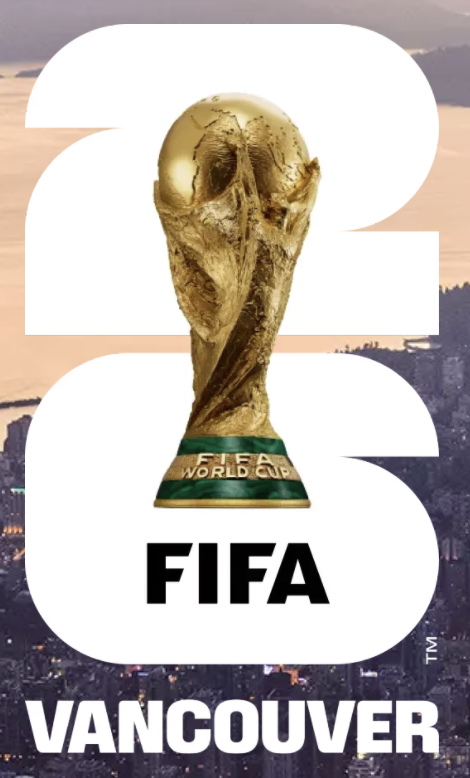
FIFA’s 2026 World Cup logo (FIFA)
Seattle city council also released a pamphlet titled “FIFA World Cup 2026: Host Committees Rights and Assets,” which touts the merits of being a host city: Direct access to FIFA audiences, fundraising support and host city promotion via global broadcast exposure, advertising and merchandise.
The pamphlet states that FIFA will provide purchase access, prior to general public sale, to 1.5% of the available purchase capacity of the stadium, per hosted match. “These tickets can be used to assist fundraising efforts and included as part of a host city supporter package.”
That would translate to more than 1,000 tickets per game at 67,000-seat Lumen Field, but less at B.C. Place Stadium, where capacity is 54,500.
FIFA also provides host cities with 175 to 250 complimentary VIP tickets at each match the city hosts. Host cities are also eligible for a small amount of tickets at matches they don’t host, such as four to the tournament opener, four to each semifinal and four to the final. Those tickets are not available for public purchase and cannot be resold.
B.C. was not included in the successful three-nation, 2018 bid to FIFA. Then-Premier John Horgan changed his mind in 2021 when Montreal dropped out due to rising costs. More than six months after Vancouver was named a host city, the province shifted responsibility for $230 million in costs to Vancouver city hall and decreed it could charge a temporary 2.5% accommodation tax through 2030.
In January, the province said Vancouver city hall was planning to spend $73 million for security and safety, $40 million for venues, $20 million for the FIFA Fan Festival, $15 million for a host city office, administration and volunteer service, $14 million for traffic and stadium zone management, $8 million for decoration and brand protection, and $8 million for insurance. The budget includes a $52 million contingency.
PavCo has not revealed its budget for upgrades to B.C. Place Stadium, including two temporary natural grass pitches.
Support theBreaker.news for as low as $2 a month on Patreon. Find out how. Click here.
FIFA Seattle Agreement by Bob Mackin on Scribd






